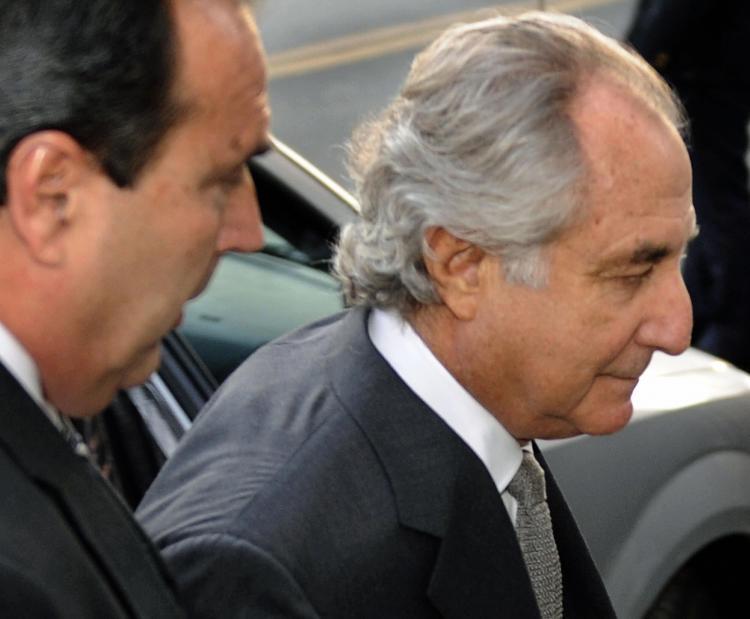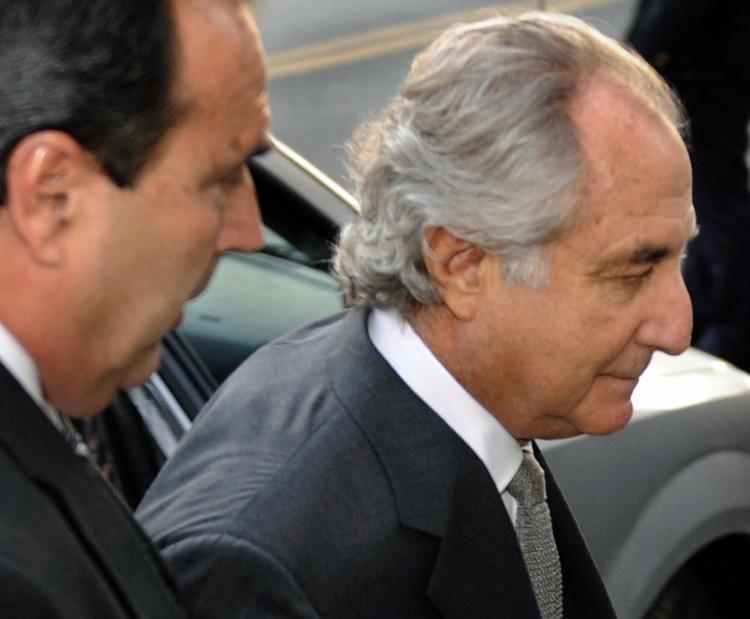VANCOUVER—In the midst of the global recession, economic crime in Canada jumped to its highest in six years in 2009 while decreasing worldwide during the same period.
Fifty-six percent of Canadian companies were victims of economic crime in the last 12 months, an increase of 10 percent from 2003, according to a PricewaterhouseCoopers (PwC) survey on global economic crime in 2009.
Although Canadian companies have historically reported higher cases of economic crime than their global counterparts, the 2009 results showed an even greater disparity with only 30 percent of global respondents reporting economic crime, a decrease of 13 percent from 2007.
“Companies need to be aware that an economic downturn can lead good people to do bad things—need comes to the forefront and becomes intermingled with greed and opportunity, creating the perfect storm for fraudulent activity,” said Steven Henderson, partner and national leader of the Investigations & Forensic Services practice at PwC, in a news release.
The survey said that aside from the immediate financial loss, economic crime can harm a company’s brand name or reputation and have a negative effect on relationships with suppliers, customers, regulatory bodies, and other key stakeholders.
In Canada, theft of tangible assets was the most common type of fraud at 83 percent (67 percent globally).
Approximately a quarter (24 percent) of victimized Canadian companies and 27 percent of their counterparts globally estimated their direct fraud-related losses to be greater than US$500,000.
Other types of fraud include accounting fraud encountered by 31 percent of Canadian companies, money laundering (28 percent) and corruption (7 percent).
Fifty nine percent of the victimized Canadian companies said that external fraudsters perpetrated the fraud, while 38 percent identified the main perpetrator as an employee.
“Since companies are more vulnerable with weakened or non-existent controls due to cost-cutting and downsizing, fraudsters see increased opportunity to commit fraud. As a result, financial fraud occurs both from within and outside organizations,” Henderson said.
Globally, industries such as communications, insurance, financial services, hospitality, and leisure reported having suffered the most economic crime during 2009.
Fraudsters tend to target these industries because of their product or service, according to the survey. Since these industries have more proactive anti-fraud measures, they both experience and detect more fraud than other sectors.
Yet despite increasing levels of fraud, 69 percent of Canadian companies have not changed their frequency of conducting fraud risk assessments. Twenty-nine percent (40 percent globally) of respondents stated that their respective organizations had not performed a fraud risk assessment nor did they have any knowledge if one had been performed in the last 12 months.
Thirty eight percent of Canadian companies that were victims of economic crime in the previous 12 months detected the fraud either by chance or by a tip-off.
“Because of the new risks this presents, such as foreign corruption and spending abuse, organizations and governments will need to increase their vigil over economic crime. Indeed, every organization, regardless of industry, should be developing robust anti-fraud regimes and task fraud as a top priority for the next year. If not, the worst may be on the horizon,” Henderson said.
Fifty-six percent of Canadian companies were victims of economic crime in the last 12 months, an increase of 10 percent from 2003, according to a PricewaterhouseCoopers (PwC) survey on global economic crime in 2009.
Although Canadian companies have historically reported higher cases of economic crime than their global counterparts, the 2009 results showed an even greater disparity with only 30 percent of global respondents reporting economic crime, a decrease of 13 percent from 2007.
“Companies need to be aware that an economic downturn can lead good people to do bad things—need comes to the forefront and becomes intermingled with greed and opportunity, creating the perfect storm for fraudulent activity,” said Steven Henderson, partner and national leader of the Investigations & Forensic Services practice at PwC, in a news release.
The survey said that aside from the immediate financial loss, economic crime can harm a company’s brand name or reputation and have a negative effect on relationships with suppliers, customers, regulatory bodies, and other key stakeholders.
In Canada, theft of tangible assets was the most common type of fraud at 83 percent (67 percent globally).
Approximately a quarter (24 percent) of victimized Canadian companies and 27 percent of their counterparts globally estimated their direct fraud-related losses to be greater than US$500,000.
Other types of fraud include accounting fraud encountered by 31 percent of Canadian companies, money laundering (28 percent) and corruption (7 percent).
Fifty nine percent of the victimized Canadian companies said that external fraudsters perpetrated the fraud, while 38 percent identified the main perpetrator as an employee.
“Since companies are more vulnerable with weakened or non-existent controls due to cost-cutting and downsizing, fraudsters see increased opportunity to commit fraud. As a result, financial fraud occurs both from within and outside organizations,” Henderson said.
Globally, industries such as communications, insurance, financial services, hospitality, and leisure reported having suffered the most economic crime during 2009.
Fraudsters tend to target these industries because of their product or service, according to the survey. Since these industries have more proactive anti-fraud measures, they both experience and detect more fraud than other sectors.
Yet despite increasing levels of fraud, 69 percent of Canadian companies have not changed their frequency of conducting fraud risk assessments. Twenty-nine percent (40 percent globally) of respondents stated that their respective organizations had not performed a fraud risk assessment nor did they have any knowledge if one had been performed in the last 12 months.
Thirty eight percent of Canadian companies that were victims of economic crime in the previous 12 months detected the fraud either by chance or by a tip-off.
“Because of the new risks this presents, such as foreign corruption and spending abuse, organizations and governments will need to increase their vigil over economic crime. Indeed, every organization, regardless of industry, should be developing robust anti-fraud regimes and task fraud as a top priority for the next year. If not, the worst may be on the horizon,” Henderson said.





